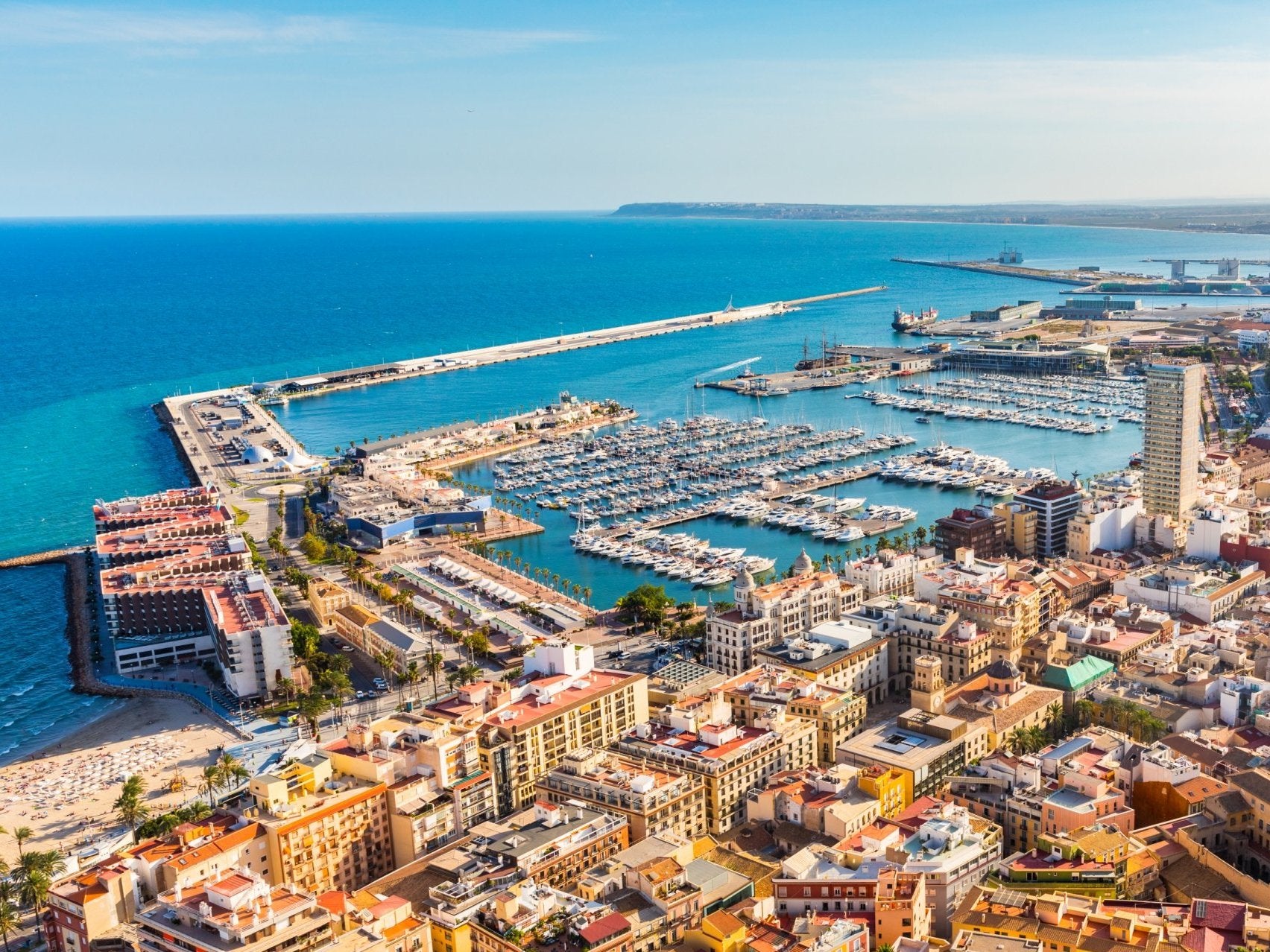We’re planning a trip to Jamaica but what should we see when we arrive?
Simon Calder answers your questions on the Caribbean island, airlines collecting personal data and claiming for delayed flights


Q Can you offer some advice on when to travel to Jamaica? We’re thinking of going next year, possibly in late September or early October.
Jamie S
A I adore Jamaica. The island comprises an alluring blend of welcoming people, superb scenery – both on the coast and inland – and a deep heritage stretching from British colonial days to Bob Marley and beyond.
Jamaica also has many excellent beaches and outstanding places to stay, including some of the Caribbean’s finest all-inclusive resorts. And air links from the UK are reasonable, with British Airways’ three-flights-a-week from Gatwick to Kingston, and Virgin Atlantic’s trio to Montego Bay augmented by some charter flights.
But I would hesitate before committing to a late September/early October visit. Jamaica, in common with the rest of the Caribbean, is in the hurricane belt. While the most damaging storms of recent times have occurred slightly earlier in the year (August and early September), it remains the case that September and October are the two months with the highest annual rainfall predicted. Around one foot of precipitation falls during the two months, on average, making life for the traveller difficult. Yet if you can wait until November, the mean rainfall is barely two-and-a-half inches.
While the first few months of the year are even drier, the crowds arrive in force from shortly before Christmas until April (after which the humidity and rainfall soar).
So I hope I can persuade you to defer your trip by a few weeks. One more point: if you can travel in November, there is nothing to be gained by booking ahead. This is the lowest of seasons. So I would start looking for flights and accommodation a few weeks before departure.
Holding back from booking is also useful in case trouble were to flare again in Jamaica. In January 2018, for example, the Foreign Office warned visitors to the Montego Bay area: “Tourists should stay in their resorts and limit travel beyond their respective security perimeters.” The only times when they could leave the resorts were for “travel to and from the airport or for excursions”.
Jamaica experiences twice as many murders in the average year as Britain, even though the UK has a population 20 times higher. You might care to wait a while before committing to a specific date to visit this beautiful, if deeply flawed, country.

Q I’ve just been told by my holiday company they no longer need advance passenger information because it’s a charter flight. Is this correct?
Mike J
A Let’s be clear about what advance passenger information (API) is, and what it isn’t.
It describes the collection of some of your personal details by the airline on behalf of the authorities of your destination country. They want all the significant stuff from the photo page of your passport: your full name, date of birth, gender and nationality; and your passport’s country of issue, number and expiry date. But API is not any kind of permit or visa – just a hurdle you have to cross before boarding the plane.
The authorities want the information so they can check your data against one or more “watch lists” of people they are interested in. API was brought in initially in the wake of terrorist atrocities, and the primary focus is on spotting people regarded as dangerous. But of course if someone is wanted by the authorities for other matters, even as trivial as non-payment of parking fines, then that may also be picked up.
The information is passed on by the airline, usually by email after the plane has departed. That might sound ridiculous, but it is done on the reasonable basis that, only as the flight closes, does the airline know exactly who is on board. The idea is that the authorities can identify suspicious characters while the plane is in the air, and interview them on arrival.
In practice, I believe the vast majority of the information is ignored. At the Spanish interior ministry, I imagine little time is devoted to checking the data of people from the UK heading for Alicante, Malaga or Palma.
The US, though, is different – and its demands also apply for adjacent countries, including Mexico and Cuba, because overflights are common. The Americans want to know everyone’s details before they depart for the US. The standard deadline is 72 hours before departure, with special arrangements for people who book very late.
You need to take the American deadline seriously, but for other destinations I am very relaxed about API. I reluctantly fill in the demanded details in advance if I am checking in online, but if it’s airport check-in then I wait until I reach the terminal. Passport data is in machine-readable form, and it takes about half a second for all the information to be scanned, completely accurately, into the airline’s database. This is far preferable to entering it manually.
Incidentally, for the purposes of API there is no distinction between scheduled and charter flights, but I guess it’s a good line for the holiday company to use to justify its demands for early API on its own flights.

Q My wife and I were delayed on an Air Transat flight from Toronto to Manchester. The delay was six hours, three of which were sat on the plane, then three hours in the airport. We eventually left at around 1.30am. As we effectively lost a day of work each, and incurred a day extra parking and kennel fees, we felt it was right to make a claim for compensation.
The airline has said that it’s not a claim we can make through them. Our travel insurance is with our bank account with Halifax, and they’ve said we can’t make a claim with them. Halifax suggested we use a “no win, no fee” claims company who told us that because the flight originated outside the EU, we would be unable to claim within the EU.
Jared M
A Sorry to hear about your experience. How frustrating – especially as, had you been booked on a European Union carrier, you would have been able to claim over £500 in compensation.
As things stand, I suggest you go back to the airline. It may be that Air Transat thought you were asking for EU-stipulated compensation, which it is indeed able to avoid. But under the Montreal Convention (a worldwide treaty, rather than Canadian legislation), you should be able to claim for verifiable losses that arose from Air Transat’s failure to get you back to Manchester on time. This will require you to supply the receipts from kennels and parking, as well as letters from your employers to substantiate your loss of pay.
On the one occasion I had a problem with Air Transat (another delay in Toronto, but this time for several days), I sent full details of my out-of-pocket expenses and the claim was settled promptly.
But I am slightly concerned about the attitude of your bank; travel insurance is there for unexpected events, and if it doesn’t cover a long and expensive delay then it can’t be a great policy.
To suggest you contact a claims firm was also a waste of everyone’s time. I imagine the firm’s first question was: “Did this happen on an EU airline or a flight from an EU airport?” The conversation presumably ended swiftly after you said “No”.
Email your question to s@hols.tv or tweet @simoncalder
Join our commenting forum
Join thought-provoking conversations, follow other Independent readers and see their replies
Comments
Bookmark popover
Removed from bookmarks